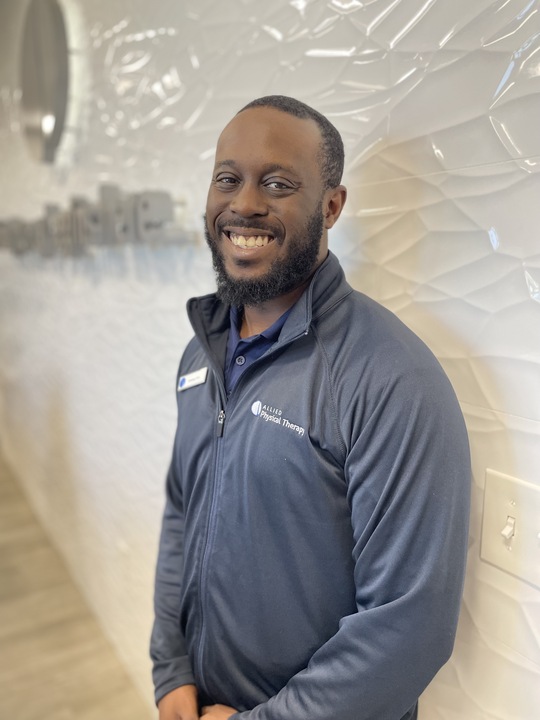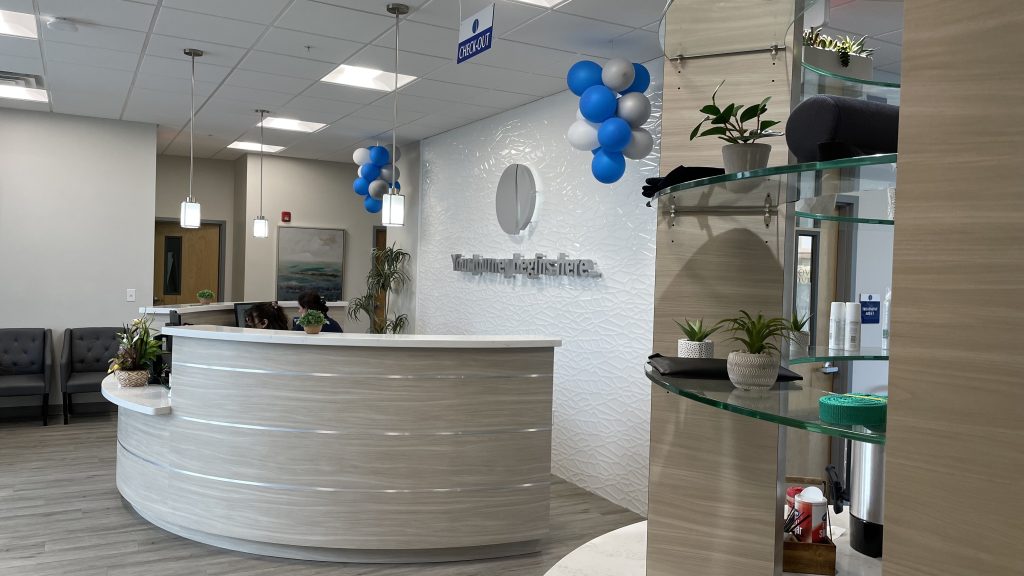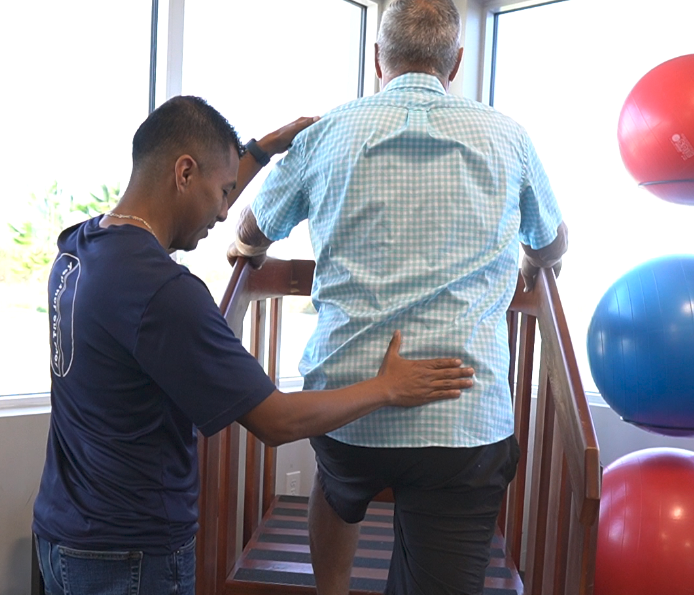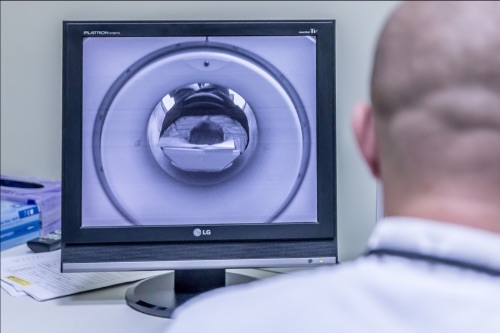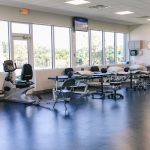Imaging tests like MRIs, CT Scans, and X-Rays really are miraculous diagnostic tools – allowing medical professionals to peer inside the human body without inflicting so much as a paper cut.
This is why so many clinicians will order these tests whenever a patient reports pain in any part of their body. “Let’s see what’s going on in there,” is a common refrain.
However, many MRIs fail to tell the whole story of “what’s going on in there.” Vague reports of “tendonitis,” “bulging disc,” “degeneration,” or “stenosis” can all be attributed to normal aging. In fact, imaging results for pain-free, healthy 20-year-olds will report “disc degeneration” fully 37% of the time!
Of course, we are not saying that the miracle of MRI does not have its place in medical diagnosis. What we’re saying is that perhaps other methods of diagnosis and treatment of chronic pain are not only more cost-effective – they can be more effective, period. As a matter of fact, one study published in the Annals of Internal Medicine showed that physical therapy worked just as well as surgery in the treatment of spinal stenosis – and did so without the potentially life-threatening complications that could arise with surgery.
When the source of back, shoulder, hip, or other pain is not evident, you may want to make your first call to a physical therapist. In many cases, your pain can be effectively treated through hands-on therapy and exercise – without drugs and without invasive surgery. And fear not – if your therapist believes you need the assistance of a physician, you will be referred in short order.
Call us today about your chronic back, shoulder, hip or other pain. You’ve got nothing to lose – except an expensive MRI bill – and the pain, of course!
